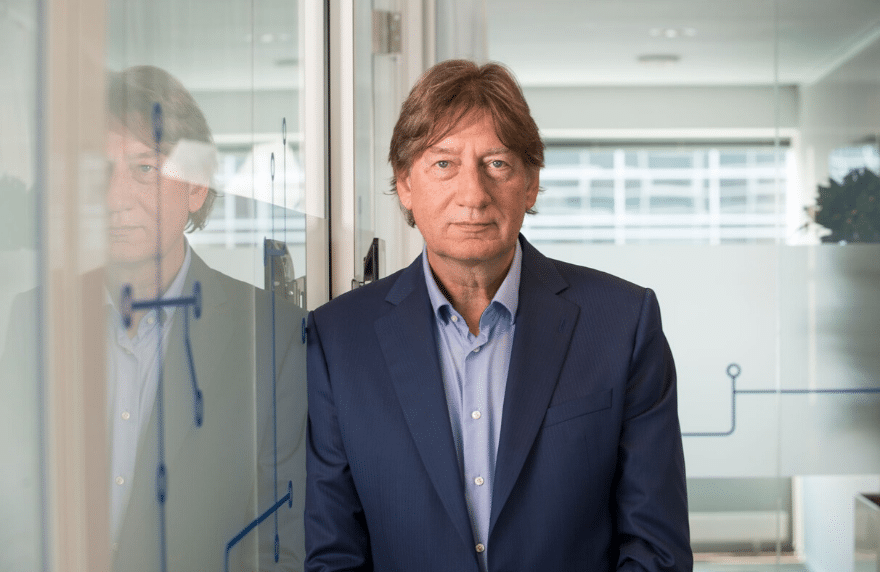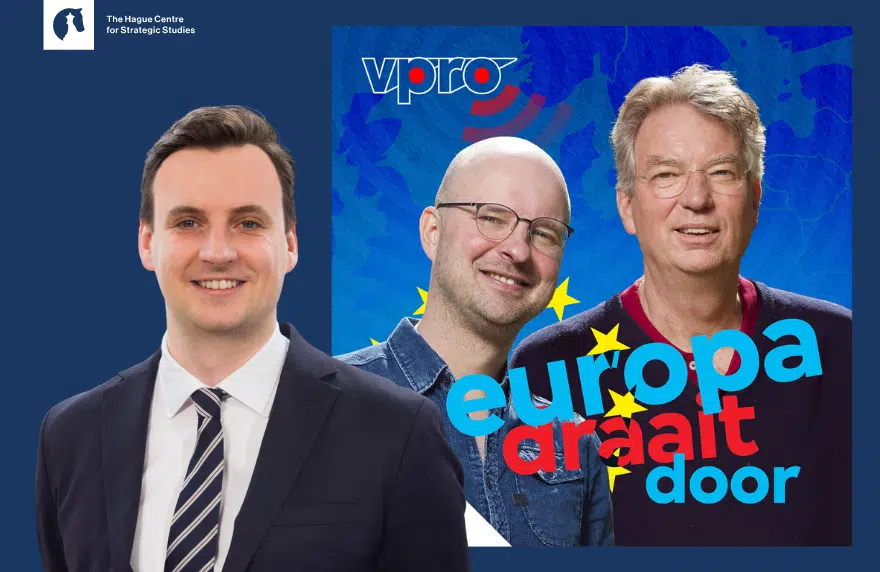Internationale politiek lijkt gekmakend. In 2011 intervenieerde de Navo in Libië en veroorzaakte daar een regimeswisseling. Steun aan de opstandelingen mocht van de Verenigde Naties, maar de regimeswisseling viel buiten het mandaat. Deze week werd bekend dat Egypte en de Verenigde Arabische Emiraten de fundamentalistische milities bombarderen.
Het Westen stond op zijn achterste benen. De Amerikanen waren boos omdat ze er niet in gekend waren en veroordeelden samen met de Fransen, de Britten, de Duitsers en de Italianen deze ‘buitenlandse inmenging’. Want die inmenging zou de instabiliteit alleen maar vergroten. De ironie is dat deze landen samen met andere Navo-partners, minus Duitsland, door hun regimeswisseling verantwoordelijk zijn voor de huidige instabiliteit. Bovendien lijkt het niet veel instabieler in Libië te kunnen worden. De Arabische interventie in Libië heeft overigens ook een positieve kant: landen uit de regio nemen hun verantwoordelijkheid in een regio die door de fundamentalistische djihadisten wordt bedreigd.
Als de genoemde westerse landen hun redenering op Irak zouden toepassen, dan zou de conclusie moeten zijn dat de nieuwe Amerikaanse inmenging ook ongewenst
is. Want wie zegt dat de nieuwe Amerikaanse bombardementen tegen IS en de door Amerika afgedwongen regimeswisseling die premier al-Maliki verving door al-Badi, wel tot stabiliteit zullen leiden? De rest van de Arabische wereld wil vooralsnog niet openlijk tegen IS ‘kalief’ al-Baghdadi optreden, vermoedelijk omdat deze extremisten behoorlijk
wat steun onder soennitische moslims heeft en de strijd tegen IS daarom problemen in eigen land kan veroorzaken. Ironisch is dat de bombardementen Amerika in het kamp van aartsvijand Iran brengen, die de Iraakse regering ook militair steunt.
Iets verder naar het noorden is het vrijwel onontkoombaar dat de Amerikanen in Syrië IS-stellingen bombarderen. Doen ze dat niet, dan wordt Syrië een vrijplaats waar IS kan trainen, hergroeperen en operaties in Irak, Syrië en mogelijk het Westen kan coördineren. Maar gaan de Amerikanen bombarderen, dan staan ze aan de kant van de door Iran gesteunde president Assad. Bombarderen de Amerikanen succesvol, dan helpt dat Assad aan een overwinning. Geen wonder dat het Syrische regime uitermate
welwillend ten opzichte van die Amerikaanse bombardementen staat.
Nog iets verder naar het noorden, in Oekraïne, doet Rusland iets waar het Westen patent op heeft: steun aan rebellen en het sturen van humanitaire hulp. Poetin bagatelliseert zijn betrokkenheid, maar ondertussen zijn er deze week wel tien Russische militairen bij Donetsk opgepakt. Omdat het Westen gekozen heeft voor de regering in Kiev, worden de bedoelingen van Rusland gewantrouwd en wordt met nieuwe sancties gedreigd als Poetin nieuwe stappen zet. Want Rusland kan in tegenstelling tot het Westen immers nooit nobele bedoelingen met dit soort militaire
steun en humanitaire hulp hebben.
Al dit tegenstrijdige gedoe duidt erop dat de situatie rond Europa onbeheersbaar dreigt te worden. De situatie is zo fluïde dat het vrijwel onmogelijk is een visie te ontwikkelen hoe hier mee om te gaan. Het gebrek aan Europese eenheid maakt het er niet beter op. Gelukkig hoeft Defensie 100 miljoen euro minder te bezuinigen. Dat probleem is
dan wel weer opgelost.


